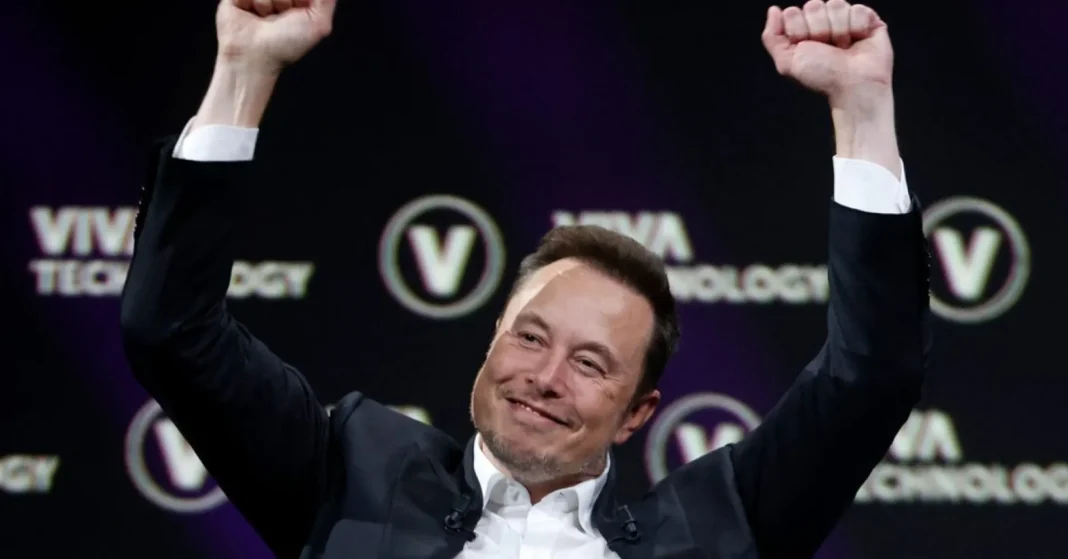In a strategic move that could propel Tesla and its CEO, Elon Musk, toward new financial milestones, Tesla shareholders have approved a bold compensation plan. This plan outlines significant rewards for Musk, contingent upon meeting specific performance targets and financial milestones, potentially placing Musk on the path to a trillion-dollar valuation for the electric vehicle giant.
Details of the Compensation Plan

The compensation plan approved by Tesla shareholders is designed to incentivize Musk by tying his pay to the company’s success. The rewards are heavily performance-based, with the primary condition being that Tesla must meet various ambitious financial and operational targets. These include milestones related to revenue growth, profitability, and sustained market capitalization.
Elon Musk’s remuneration under this scheme is entirely dependent on achieving a series of escalating milestones. If Tesla reaches these goals, Musk stands to personally benefit through stock options, which could add significant wealth to his already substantial fortune. The structure is intended not only to reward success but also to maintain Musk’s focus on driving the company toward sustainable growth.
Potential Challenges and Risks

While the plan offers substantial incentives, it also presents several challenges and risks. Achieving the outlined milestones requires Tesla to sustain its aggressive expansion and meet market demands. This can be particularly challenging in the competitive electric vehicle sector, where innovation and production efficiency are critical.
Moreover, global supply chain disruptions and fluctuating raw material prices could pose additional hurdles. Tesla’s ability to navigate these uncertainties while executing its strategy will be crucial to reaching the set targets.
Impact on Tesla’s Market Position

If successful, this compensation plan could significantly enhance Tesla’s market position. The ambitious targets align with the company’s vision to expand its product lineup, boost production capacity, and increase global market penetration. Achieving them could solidify Tesla’s role as a leader in the transition to sustainable energy.
The plan serves not only as a motivation for Musk but also as a statement to shareholders and competitors about Tesla’s commitment to growth and innovation. It reaffirms the company’s long-term vision and could potentially enhance investor confidence.
Reactions from Analysts and Shareholders

The approval of the compensation plan has generated mixed reactions among analysts and shareholders. Supporters argue that it aligns Musk’s interests with those of the shareholders and ensures that he remains committed to Tesla’s success for the long term.
Critics, however, point out the risks of tying substantial compensation to aggressive targets, which could pressure the company to prioritize short-term gains. They also raise concerns about the precedent it sets for executive compensation structures, potentially encouraging extreme risk-taking.
Ultimately, the success of this plan will depend on Tesla’s ability to navigate the challenges of the rapidly evolving automotive landscape. As the company aims for new heights, the stakes for both Musk and Tesla have never been higher.





